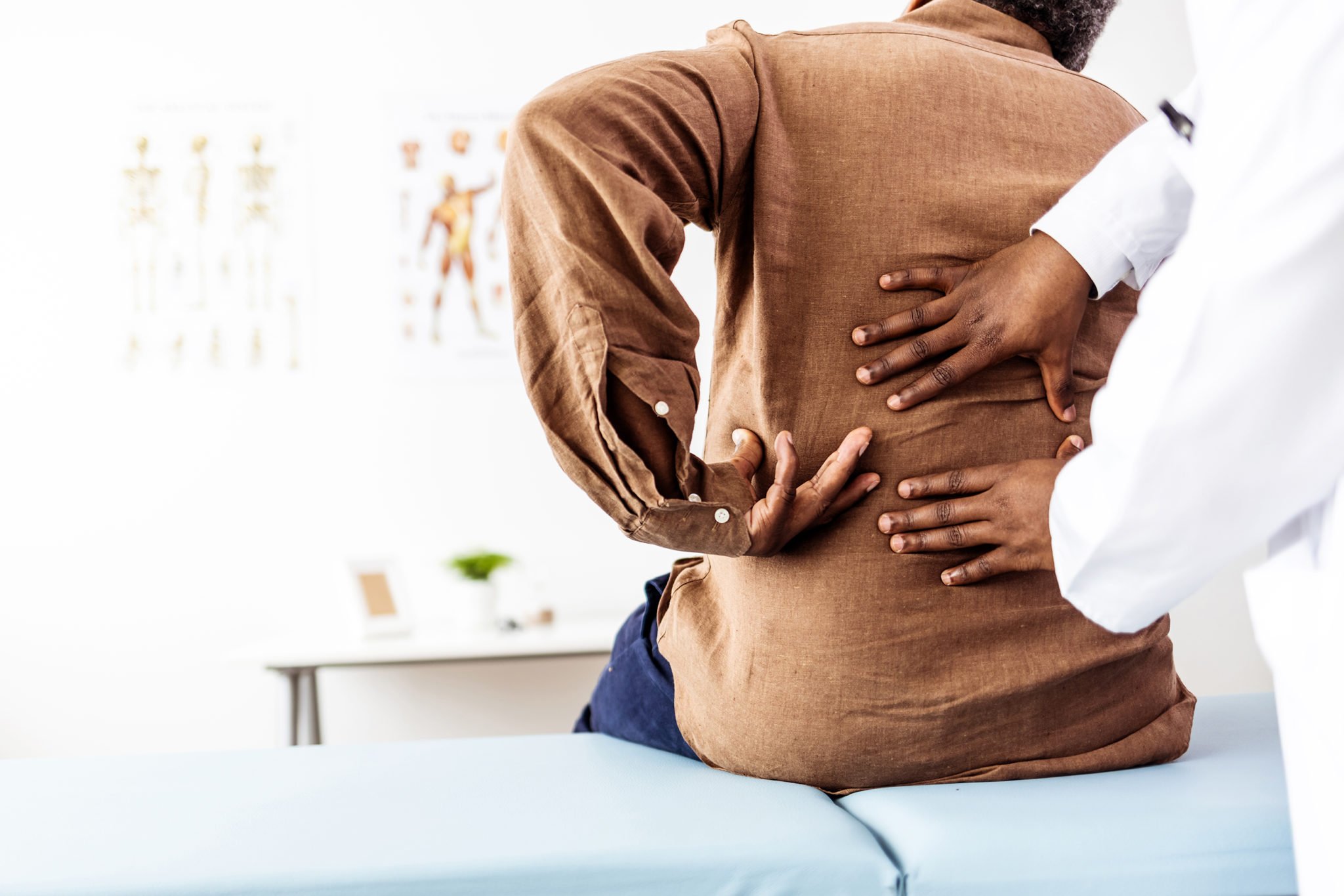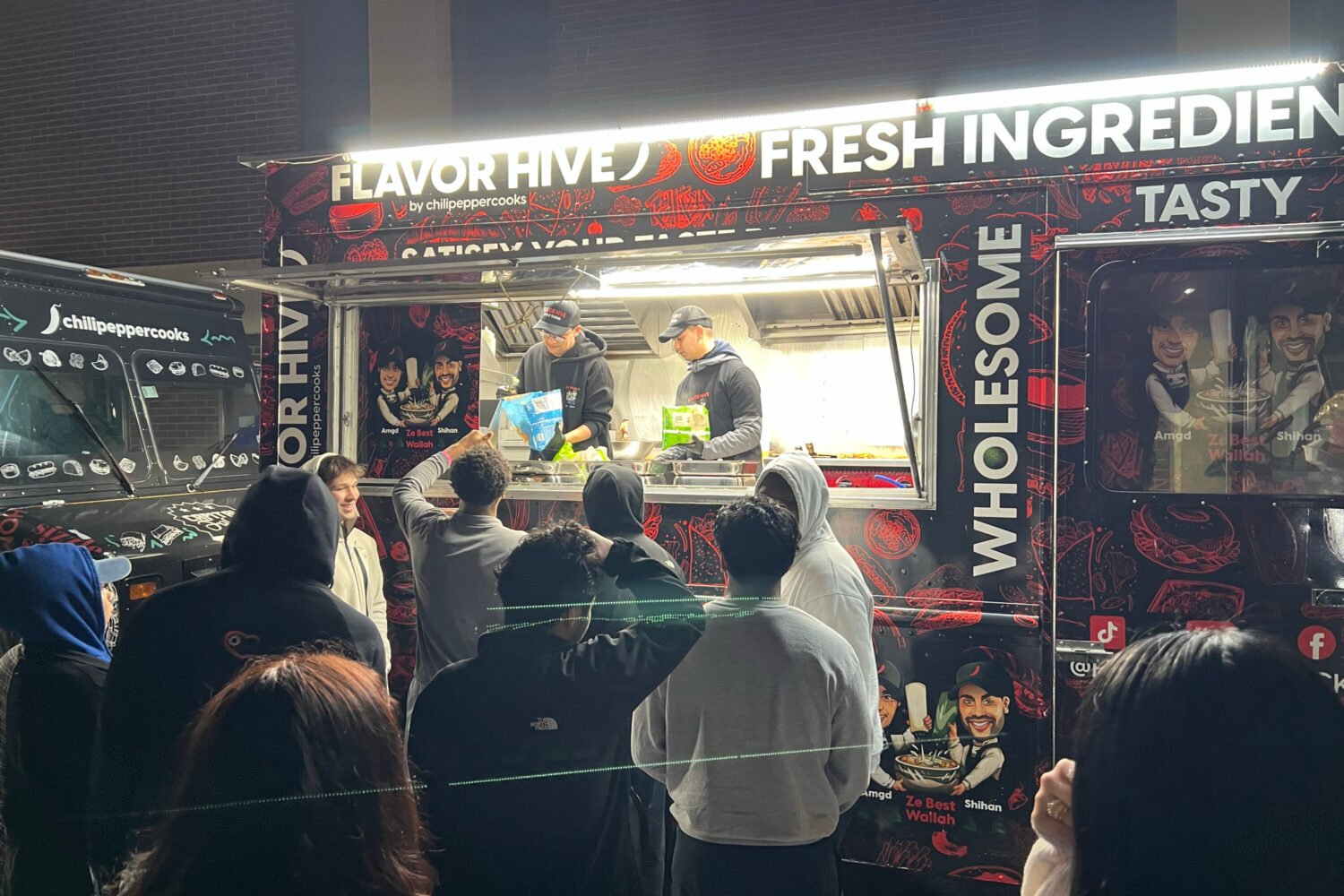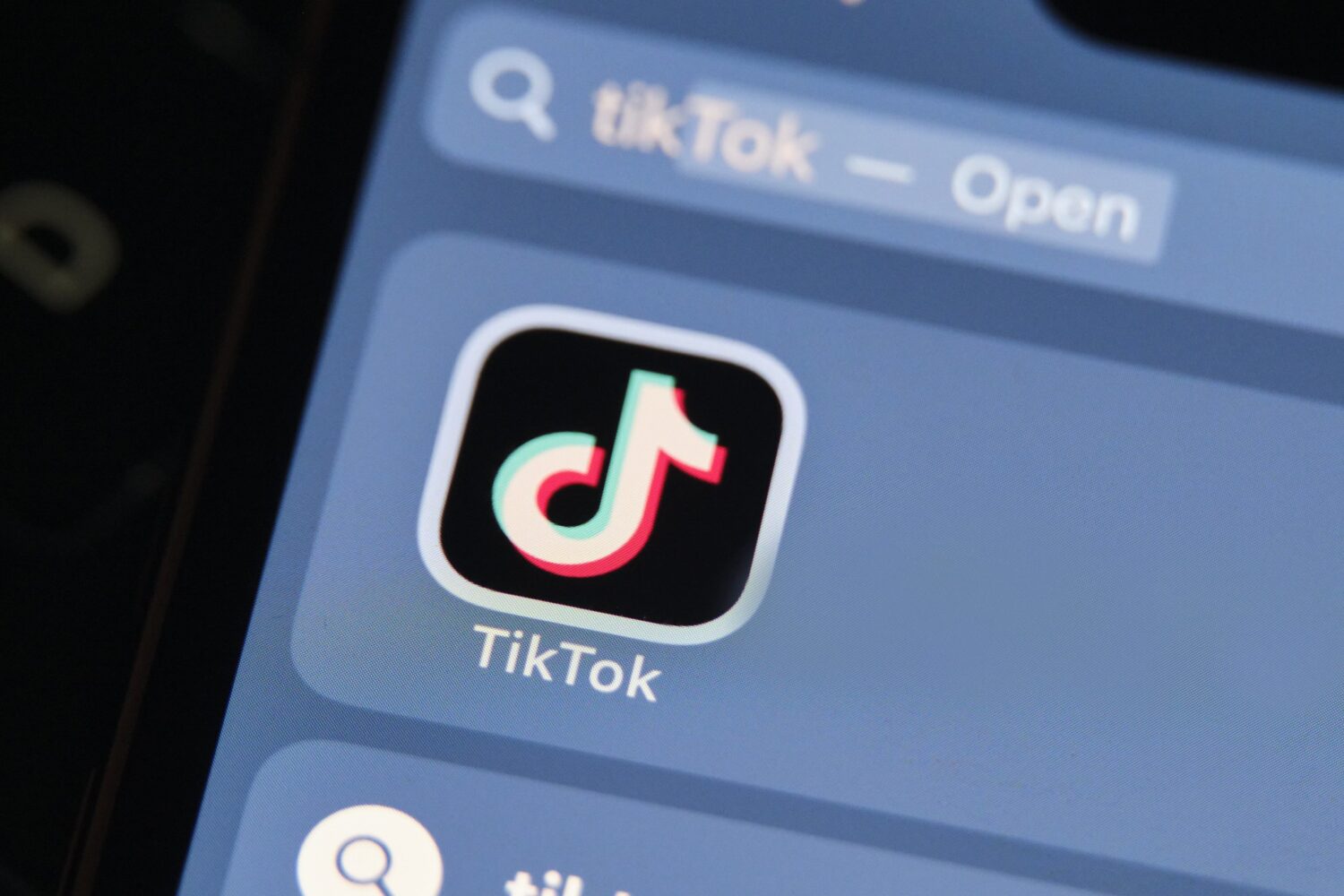When you’re in chronic or acute pain, it can feel like any treatment is worth trying, as long as it yields some relief. In pursuit of a pain-free life, many people are turning to TikTok for advice—some of which is legit and some dubious. Scroll through the app and you’ll find users swearing by a miracle method (a.k.a. “the only hack you’ll ever need”), self-proclaimed experts touting “easy” at-home remedies, and physicians attempting to inject facts and nuance into the conversation. To make sense of what’s worth trying, whether you suffer from migraines or back pain, we asked three local pain-management doctors for insights on some of the relief methods floating around online.
Gua Sha
Expert verdict: Legit.
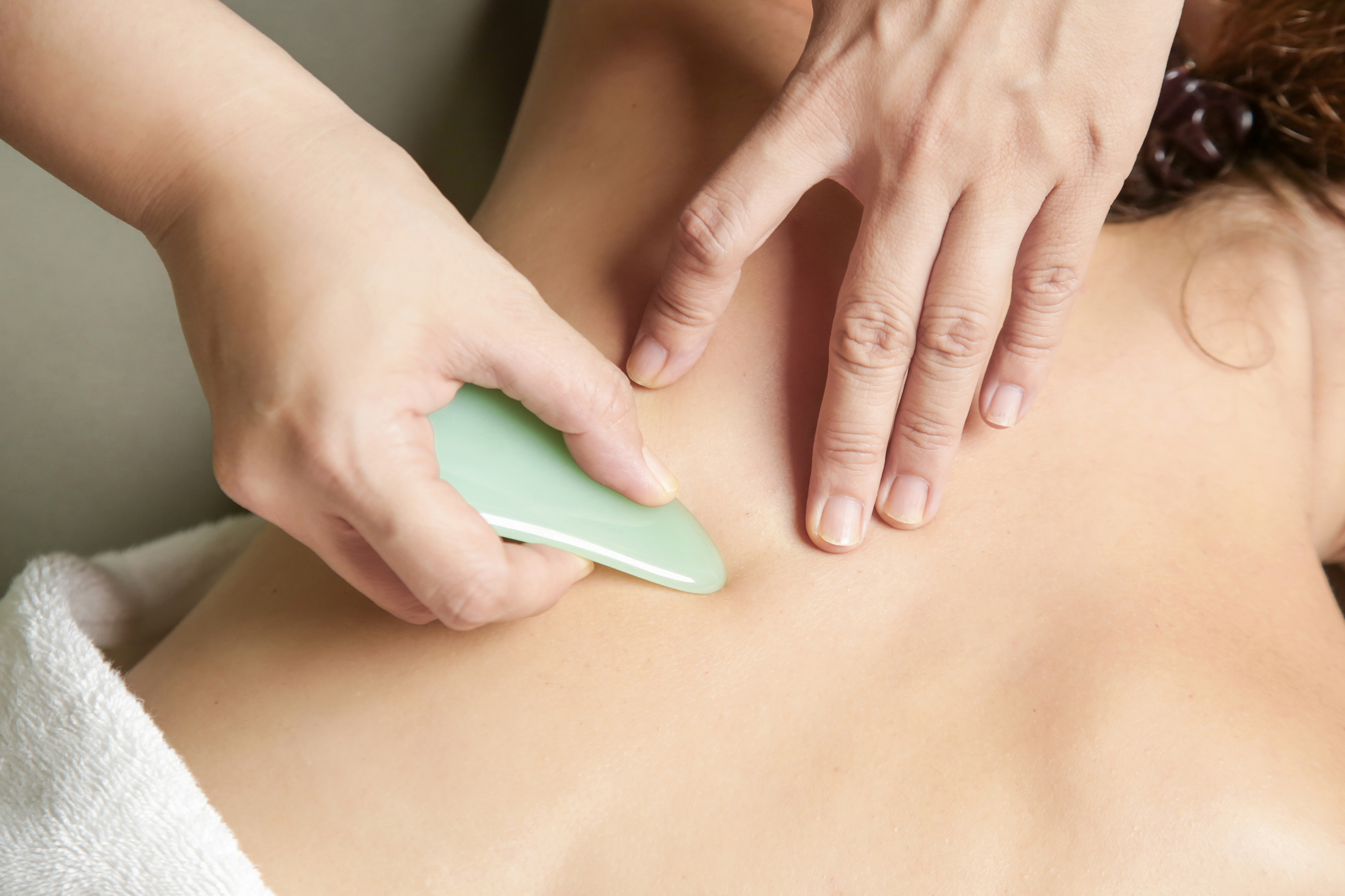
In this therapy from traditional Chinese medicine, an individual or a technician applies oil to the skin and then uses a small, smooth-edged tool to firmly scrape strategic places such as the neck, back, and arms. “It’s applied locally to cause an inflammatory response to release tension [and] release the trigger point to treat the pain,” explains Mikhail Kogan, medical director at the GW Center for Integrative Medicine. “It’s highly effective for many types of chronic pain.” Kogan says it’s best to go to a professional because you could hurt yourself if you press and scrape too hard or use the wrong tool.
Soaking Feet in Warm Water
Expert verdict: Potential benefits, but needs more research.
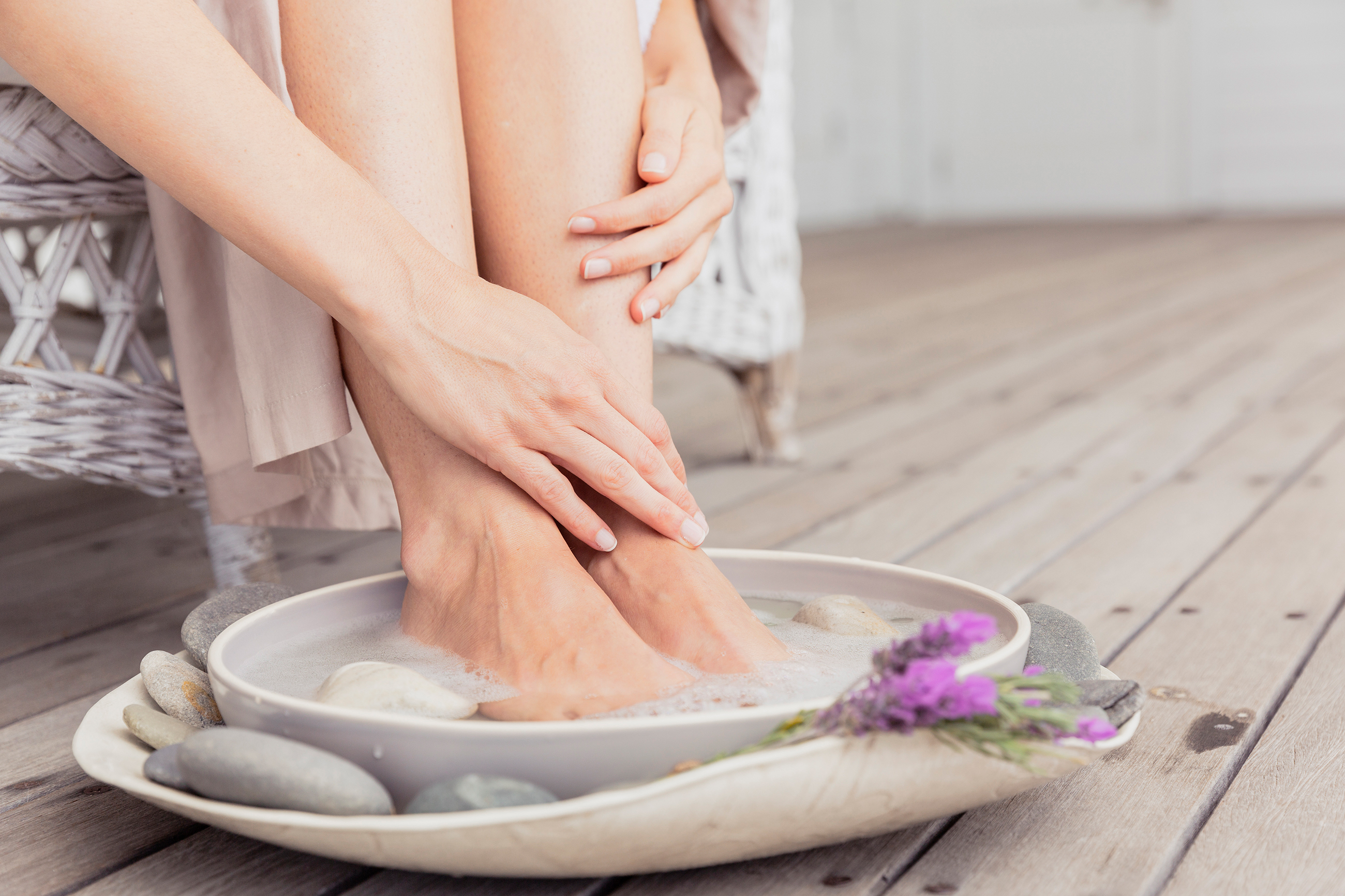
On TikTok, this method is lauded as a treatment for migraines. “The idea is that this causes blood flow to move away from the brain into the feet,” says Niteesh Bharara, director of regenerative medicine at VSI in Reston. “There’s not much data to support that, but anecdotally from patients, it seems to provide some benefit.” A warm foot soak can relax the nervous system and provide a welcome distraction, both of which can be helpful in managing migraines. One small study of migraine sufferers found that those who received hydrotherapy—specifically a hot arm-and-foot bath—in addition to an ice massage and medicine reported less frequent and intense headaches than those who didn’t. Any potential benefits of a foot soak are enhanced if you add Epsom salts to the water, says Kogan. A study found that people with migraines often don’t consume enough magnesium, and some research finds that taking magnesium can help prevent migraine attacks. Although magnesium is usually consumed orally, Kogan says it could be helpful to try it dissolved in a warm bath, too.
Acupressure Mats
Expert verdict: Not legit.
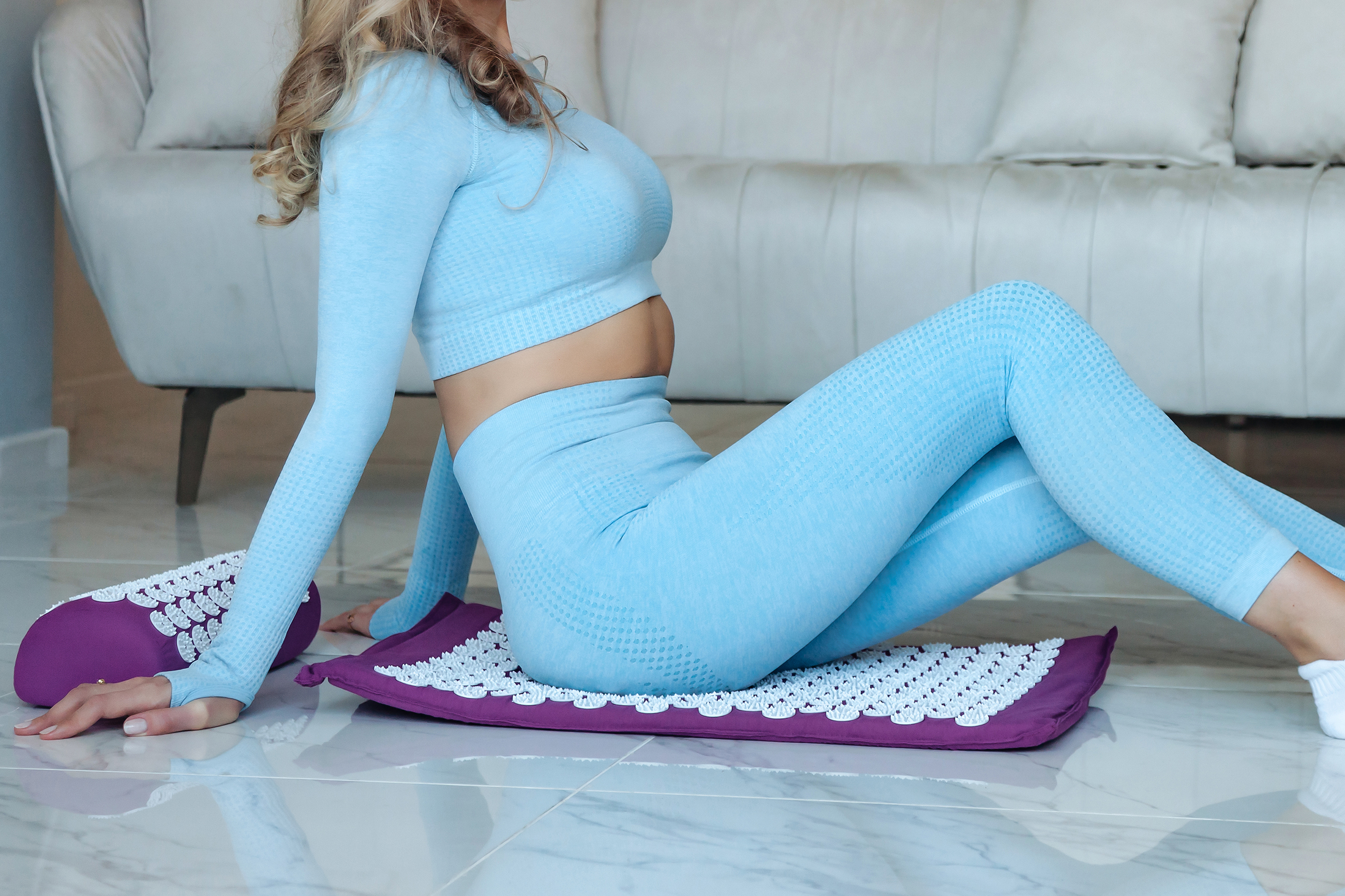
Acupressure mats are popular online but, say doctors we spoke with, you can’t effectively manage long-term pain by lying, sitting, or standing on an acupressure mat—a mat with small plastic spikes meant to stimulate the same pressure points that acupuncture treatments target with needles. Acupuncture, a proven technique in traditional Chinese medicine, has been practiced for thousands of years and can help relieve certain types of pain. However, Kogan says you’re not likely to get lasting relief from the mat version: “You need to correctly identify points for this to be effective, and when you’re lying on some mat, there’s no way you can technically accomplish this.” Instead, seek out a trained acupressure provider.
Red-Light Therapy
Expert verdict: Legit.
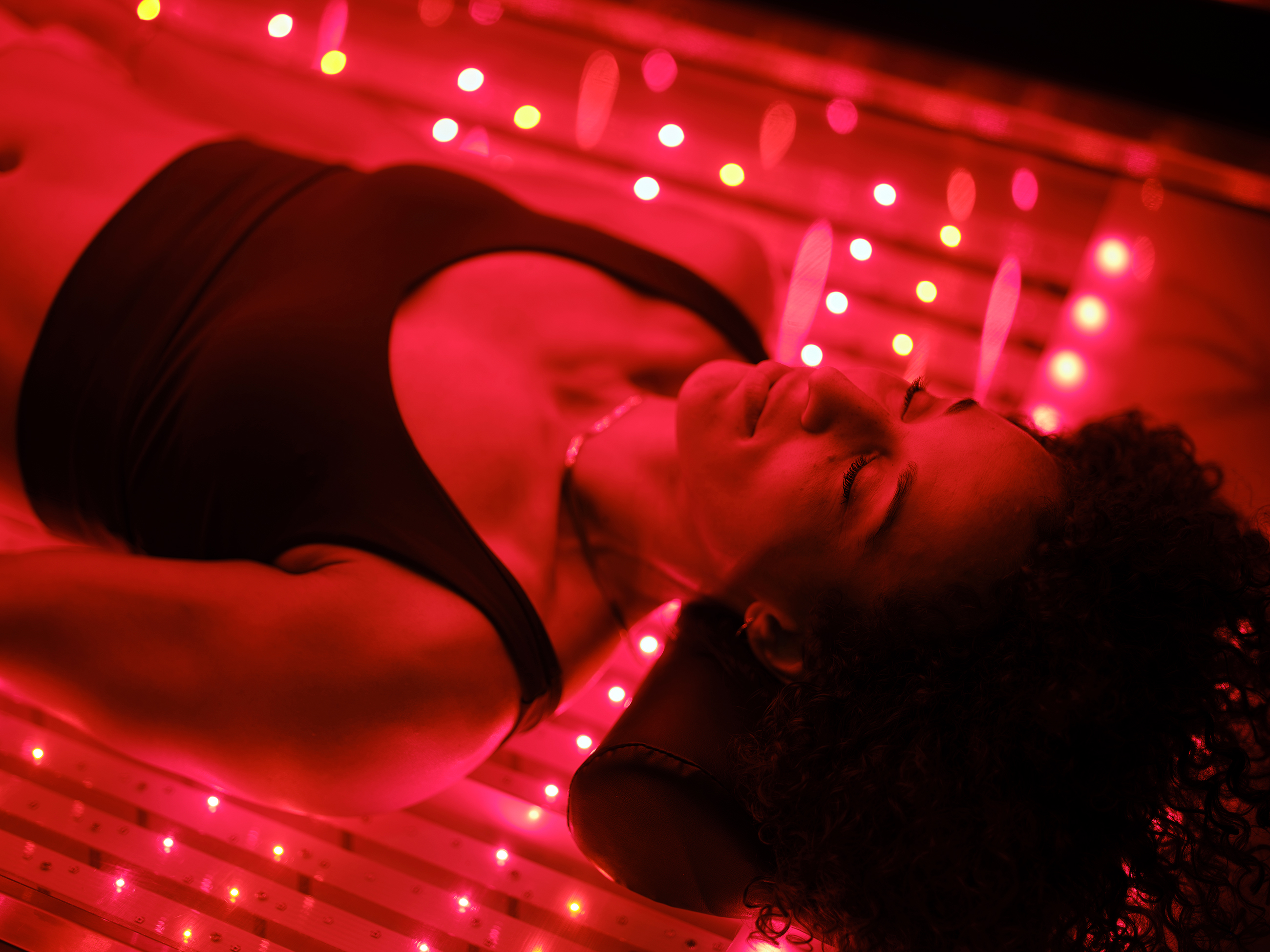
The doctors we interviewed say this pain-management technique works—by using red or infrared light to target mitochondria in cells to encourage bodily repair and reduce swelling. Studies show that red-light therapy can help healing a host of ailments such as wounds, osteoarthritis, and psoriasis. “There is some data that shows it increases microcirculation, which helps with skin [concerns], but I use it after specific procedures to improve blood flow to an area to get it to heal and decrease inflammation,” says Bharara. The technology could provide relief for carpal tunnel; muscle damage; and temporomandibular disorders, which affect the jaw. Different wavelengths are used for different issues, but Bharara says there’s some benefit to trying at-home devices that use between 600 and 1,000 nanometers for pain relief.
Cold Plunge
Expert verdict: Potential benefits, but needs more research.
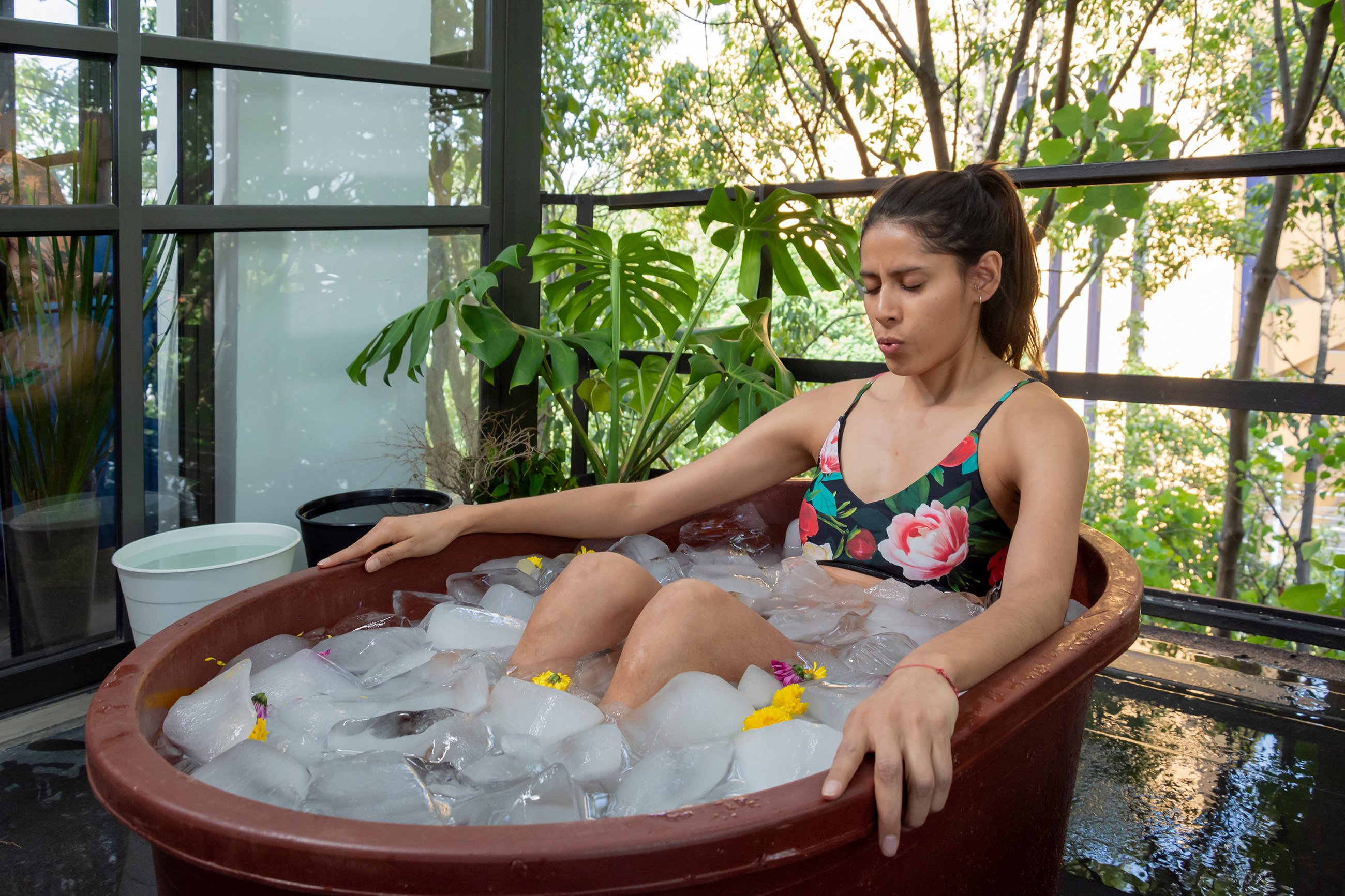
Despite the popularity of dipping your body into frigid water to shock the system, the benefits of a cold plunge aren’t entirely conclusive. The anti-inflammatory claims about cold plunges stem from our current understanding of the body’s response to cold, which includes constricting blood vessels to limit blood flow to inflamed body parts. “There’s not that much evidence, but what does exist suggests it may help with things like inflammation and muscle soreness, and some people claim it helps with anxiety, mood, or depression,” says Mehul J. Desai, medical director at the International Spine, Pain & Performance Center in McLean. According to Bharara, any mood-boosting therapy can benefit someone in pain, and research shows that cold-water swimming can boost the production of the neurotransmitter dopamine. However, more studies are needed to explore the most effective temperatures and plunge lengths for different aches and pains.
Top Pain Management Doctors
These physicians were on our most recent list of Top Doctors, in November 2023, receiving the most votes from other physicians in the region. Specialists in pain medicine—usually anesthesiologists but sometimes neurologists—treat problems of acute and chronic pain in both hospital and ambulatory settings. For each listing, we give the address and phone number of the doctor’s main office (many have more than one location) and, for those who provided them, some special interests.
Peju Olajide Adekoya
6420 Rockledge Dr., Bethesda; 410-955-7246; also Bethesda, Northwest DC.
Kathleen Anderson
655 Watkins Mill Rd., Gaithersburg; 240-632-4000; also Kensington, Largo. Special interest in palliative medicine.
Babak A. Arvanaghi
2112 F St., NW; 202-775-7246; also Bethesda. Special interest in spinal surgery.
Niteesh Bharara
11800 Sunrise Valley Dr., Reston; 703-382-5978. Special interest in regenerative medicine.
Ausim Chaghtai
121 Congressional Ln., Rockville; 240-630-2188.
Danielle Cherrick
1760 Old Meadow Rd., McLean; 703-277-2663.
Mehul J. Desai
2021 K St., NW; 202-808-8295; also Arlington. Special interest in neuromodulation, pelvic pain, complex spinal care.
Greg D. Fischer
3300 Gallows Rd., Falls Church; 703-776-3138; also Fairfax.
Akshay Garg
3204 Tower Oaks Blvd., Rockville; 301-841-6600. Special interest in interventional pain management, regenerative medicine, nonoperative orthopedics.
Assaf T. Gordon
6710 Oxon Hill Rd., Oxon Hill; 301-485-7400; also Arlington, Fairfax. Special interest in spinal fractures, treatment with kyphoplasty.
Sassan Hassassian
8644 Sudley Rd., Manassas; 703-738-4375. Special interest in spinal-cord and peripheral-nerve stimulation, radiofrequency ablation, x-ray-guided injections.
Stuart W. Hough
3202 Tower Oaks Blvd., Rockville; 240-453-9182; also Frederick. Special interest in spinal pain, neuropathic pain, pain after back surgery.
Anna Irwin
6410 Rockledge Dr., Bethesda; 301-664-2266.
Prashanth A. Mally
8008 Westpark Dr., McLean; 703-287-6400.
Sharat Kumar Narayanan
8008 Westpark Dr., McLean; 703-287-6400.
Thomas T. Nguyen
11800 Sunrise Valley Dr., Reston; 703-952-7633.
Geet Paul
22nd and I sts., NW; 202-741-2700.
Ramani Peruvemba
3202 Tower Oaks Blvd., Rockville; 717-616-2523; also Frederick. Special interest in chronic regional-pain syndrome, spinal-cord stimulation, spinal injections.
Marina G. Protopapas
3620 Joseph Siewick Dr., Fairfax; 571-512-7000; also Reston, Oxon Hill.
Ashish G. Shanbhag
14605 Potomac Branch Dr., Woodbridge; 703-738-4371. Special interest in spinal compression fractures, metastatic spine cancer, herniated disks.
Mohsin S. Sheikh
501 N. Frederick Ave., Gaithersburg; 301-591-8261. Special interest in dry needling/myofascial pain syndrome, radiofrequency ablation.
José Surós
6400 Goldsboro Rd., Bethesda; 301-493-8884. Special interest in minimally invasive non-surgical treatments for lower-back, neck, joint, and nerve pain.
Usman Zafar
8525 Rolling Rd., Manassas; 703-552-4809. Special interest in spinalcord stimulation, interventional spine procedures.
This article appears in the May 2024 issue of Washingtonian

